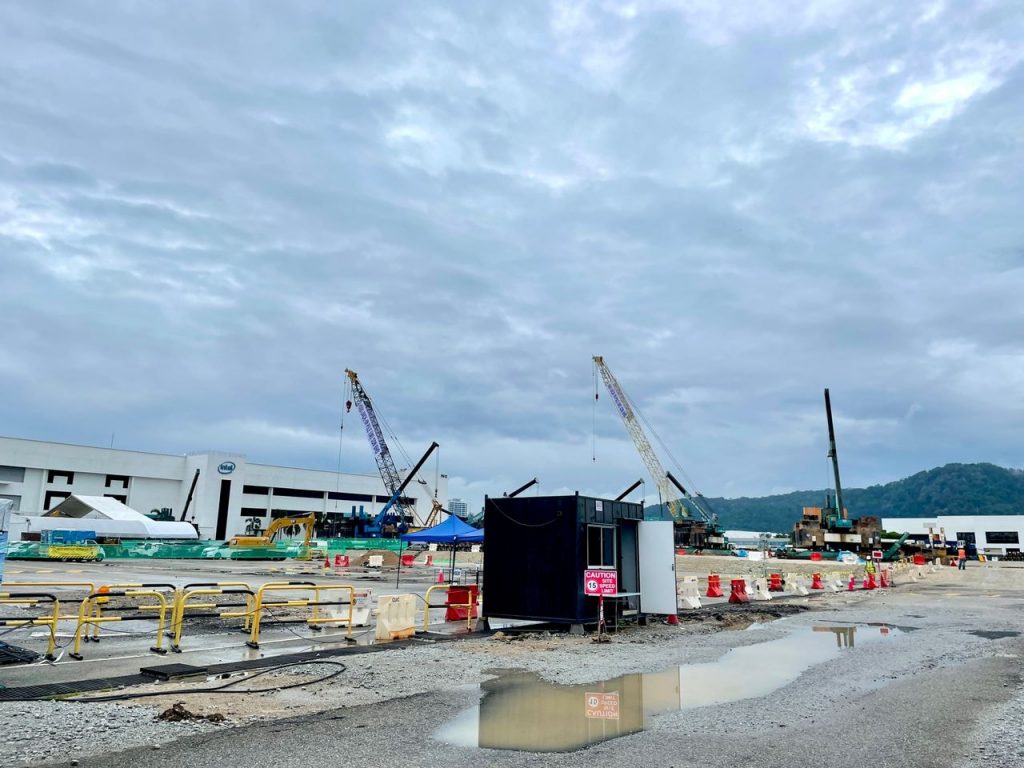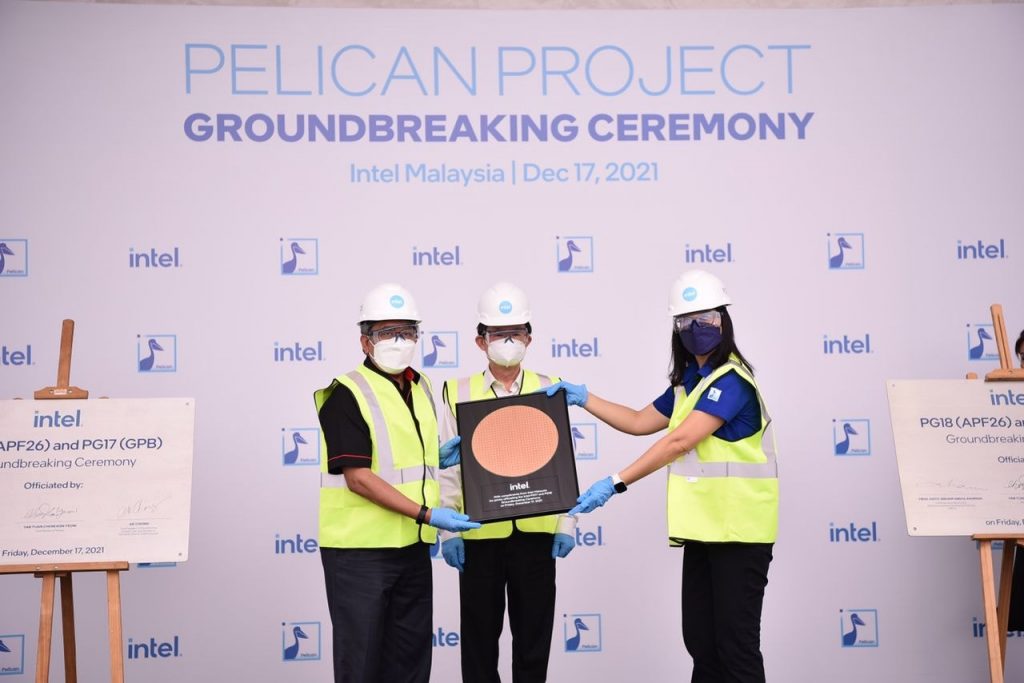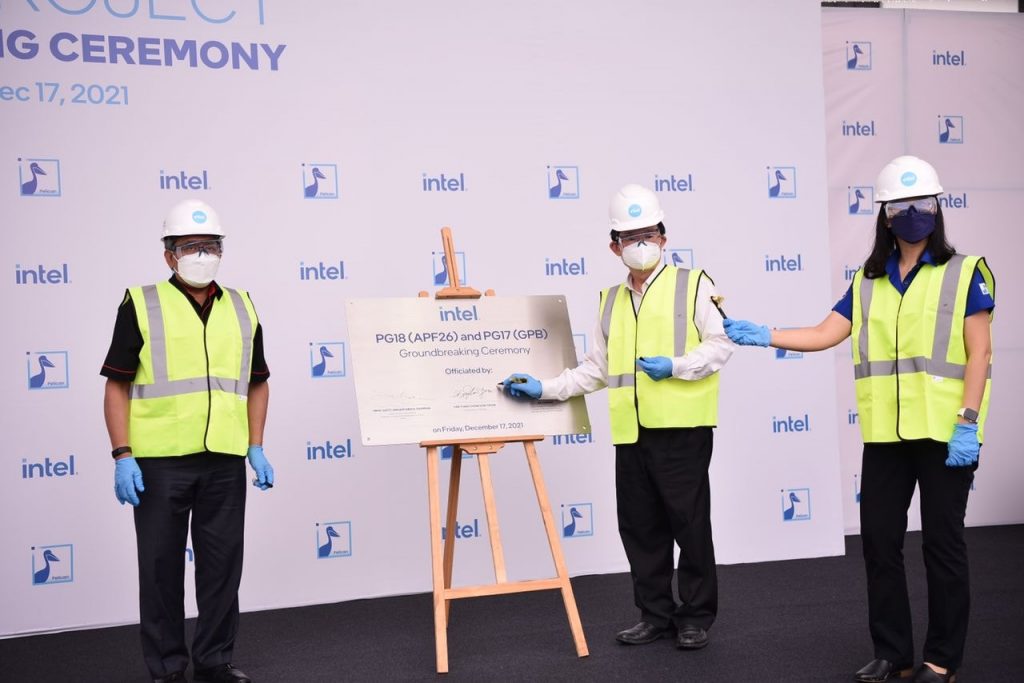For those of you who weren’t aware, Intel actually has quite a history in Malaysia. Having first set up a production and assembly plant in Penang way back in 1972, that Penang plant—Intel’s first offshore assembly plant—cost Intel USD1.6 million back then. They’ve since expanded their presence with offices in Kulim and in Kuala Lumpur too, but Intel isn’t stopping there, as the chipmaker has recently announced a further USD7.1 billion (RM30 billion) in investment into expanding their Malaysian plants.
Intel CEO Pat Gelsinger said that they’ll be building a new advanced packaging facility at their Penang site, and the new facility is expected to begin production sometime in 2024. Dubbed the Intel Pelican Project, it will have several phases, with the goal for Intel being the expansion of their assembly test manufacturing, die prep capabilities as well as advanced packaging capacity. Furthermore, Intel’s investment will also see the creation of over 4,000 new jobs at the Penang site, with a further 5,000 local construction jobs too. There’s currently already 13,000 people working for Intel in Malaysia, approximately 10% of its global workforce.
Penang’s Chief Minister Chow Kon Yew was at the groundbreaking ceremony in the Bayan Lepas Free Industrial Zone, and added that Intel’s investment will help further anchor Penang’s position as an advanced manufacturing hub. He also stated that the RM30 billion will increase Penang’s investment performance in 2021 to new heights.
“Having made their mark here outside of the United States that spans nearly half a century ago, Intel has grown into a high-tech campus. Today, I am pleased to share that Intel will be expanding its operation in Malaysia, investing more than US$7 billion (RM30 billion) over the next ten years.” – Penang Chief Minister Chow Kon Yew

Gelsinger himself was also at the event, albeit virtually via a video call, and mentioned that he was pleased to see the growth of Intel in Malaysia from its original group of 100 employees in 1972. With the global chip shortage continuing, it’s no surprise to see Intel taking this time to expand their operations across the world. It also follows Intel’s recent shift towards becoming a third party chipmaker for other companies too.











